President William Ruto’s government has responded to U.S. President Donald Trump imposing new tariffs on Kenyan exports.
While addressing the matter Foreign Affairs Principal Secretary Korir Sing’oei clarified the potential impact of the tariffs on trade relations.
According to him, the levies remain among the lowest globally and are at par with those imposed on the UK, Egypt, Morocco, Uganda, Tanzania, and Ethiopia.
Further, Sing’oei noted that although Kenya values its trade partnership with the U.S., the long-term solution lies in greater intra-African trade to reduce dependence on external markets.
Trump has warned foreign leaders, including presidents, prime ministers, and ambassadors, that they must eliminate their own trade barriers if they expect tariff exemptions from the U.S.
“Terminate your own tariffs, drop your barriers, don’t manipulate your currencies,” Trump said.
Also Read: US Govt to Monitor Kenyan Social Media Accounts Before Visa Approval
Trump’s tariff policy signed at the White House on Wednesday, April 2, sets a 10% baseline tariff on all imports, with steeper rates for specific countries.
China gets a 54% total tariff, including a new 34% hike on top of the existing 20%, European Union gets a 20% tariff imposed, Vietnam gets 46% imposed tariff while Trump imposed 32% tariffs on Taiwan.
The move has sent shockwaves through global markets, with stocks falling sharply after hours.
Ruto’s Govt Explain How Kenya Will Seek Stability
Despite the growing trade tensions, Sing’oei has maintained that the government will be able to endure the financial difficulties.
Although there are concerns that key exports such as tea, coffee, textiles, and flowers could be affected, the PS noted that Kenya’s electricity access rate, the highest in the region, and infrastructure investments must be factored into cost considerations.
“Kenya also has the highest electricity access rate in the region. The cost of building and maintaining the most extensive electricity infrastructure cannot be ignored.
“Yet, there may be inefficiencies that if addressed could perhaps lower the cost of energy,” states PS Sing’oei.
Additionally, the PS noted that while Kenya enjoys relatively low tariffs under the African Growth and Opportunity Act (AGOA), the government will push for their complete waiver, arguing that it will improve Kenya’s competitive edge in the U.S. market.
He stated that African exporters must fully leverage the framework of AGOA before any potential renegotiation or discontinuation.
“Additionally, as AGOA is a Congressional framework for market access to the US by African exporters, it is our considered view that until the law lapses end of September 2025,
“Or unless repealed earlier by Congress, the new tariffs imposed by President Trump will in any event still not be immediately applicable,” added the PS.
Also Read: Trump Bans Countries From Using These Words to Get US Money
Backlash from Canada, China, and the EU
Trump’s tariffs have triggered a wave of opposition from key global trading partners including Canada, China and the European Union (EU).
Canada’s Prime Minister Mark Carney vowed to fight the tariffs with force and promised to unveil countermeasures.
The U.S. Senate, however, passed legislation seeking to terminate new tariffs on Canada, raising questions about internal U.S. divisions on the policy.
On the other hand, in China, the Ministry of Commerce condemned the tariffs as “unilateral bullying”, calling for their immediate cancellation and promising resolute countermeasures to safeguard Chinese economic interests.
Also, European Commission President Ursula von der Leyen called Trump’s move a major blow to the global economy, warning that additional EU countermeasures would follow if negotiations with the U.S. failed.
Follow our WhatsApp Channel and X Account for real-time news updates.



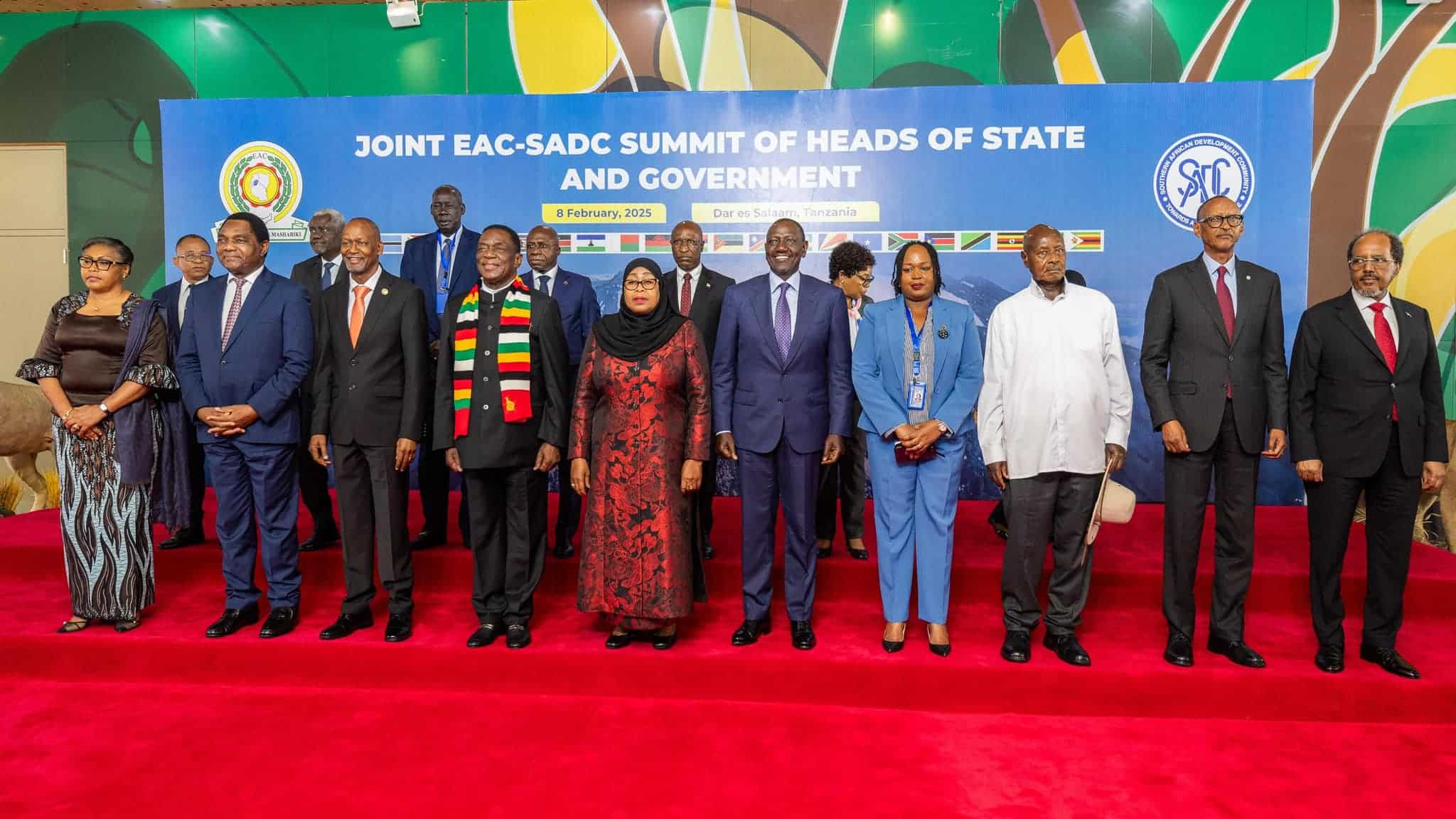
![Debate Rages Over Proposed Increase In Legal Drinking Age [Video] Nacada Raises Legal Drinking Age From 18 To 21]( https://thekenyatimescdn-ese7d3e7ghdnbfa9.z01.azurefd.net/prodimages/uploads/2025/07/beer-360x180.jpg)


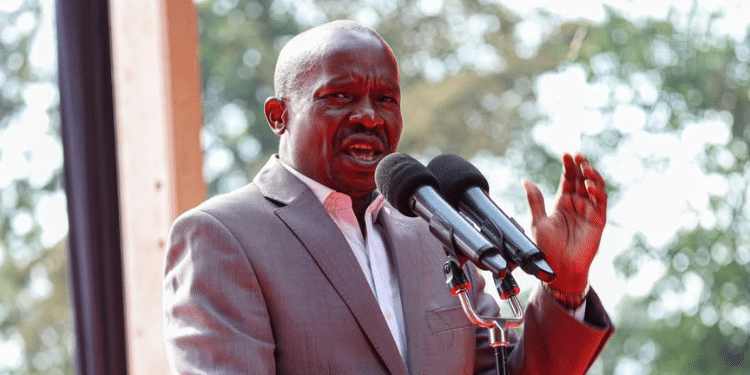

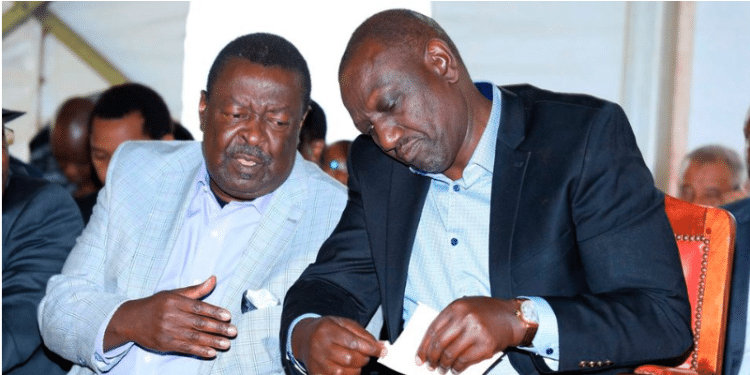
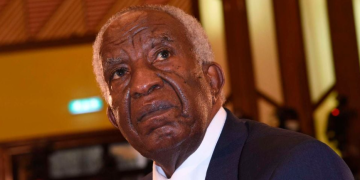







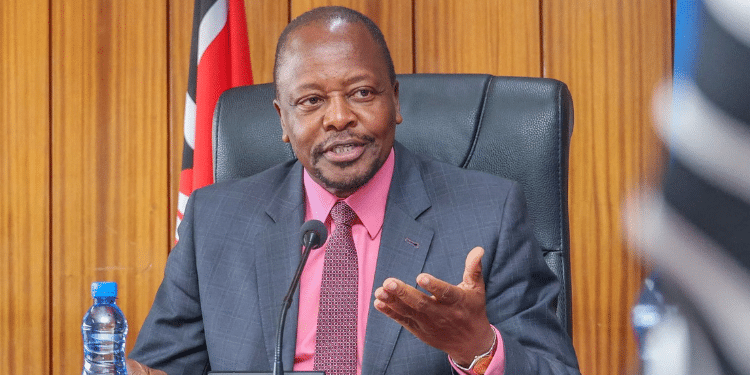



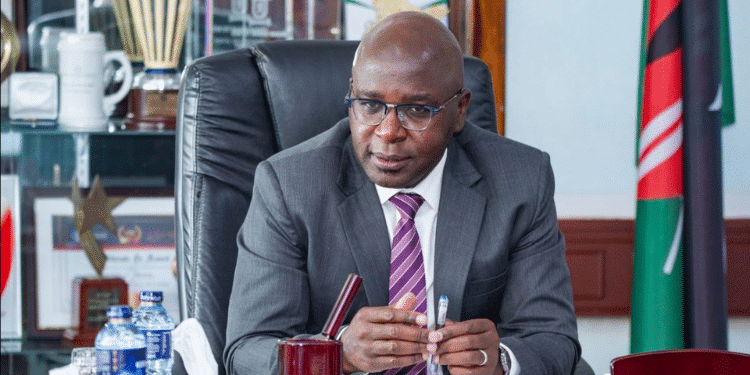


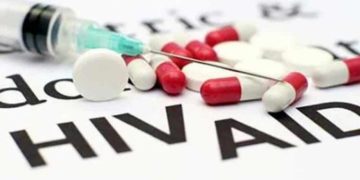







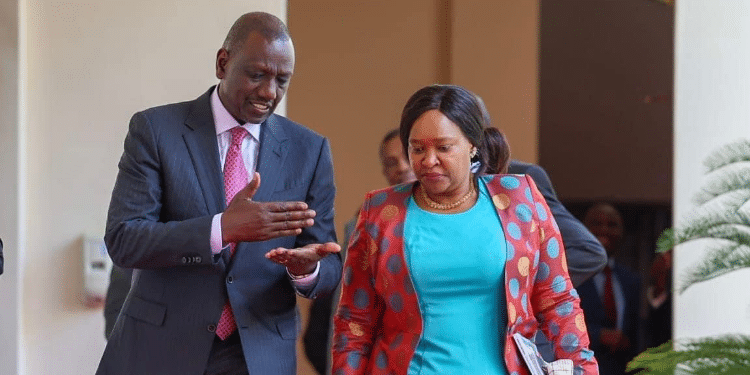






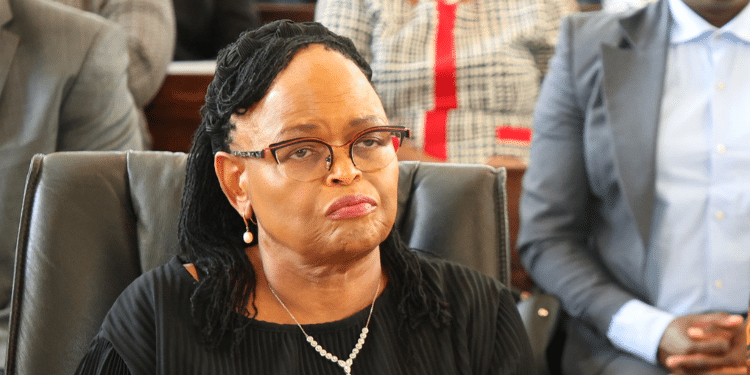
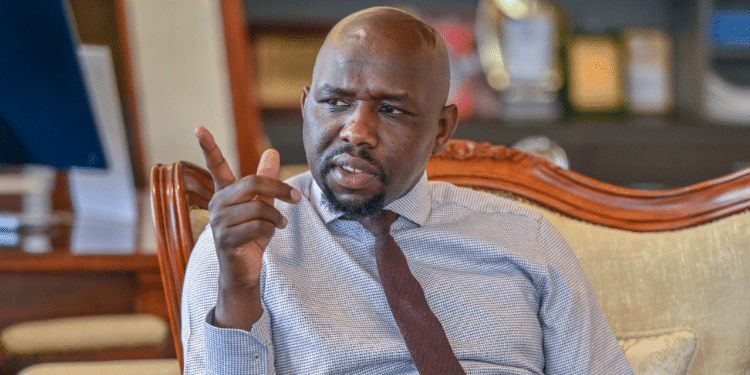










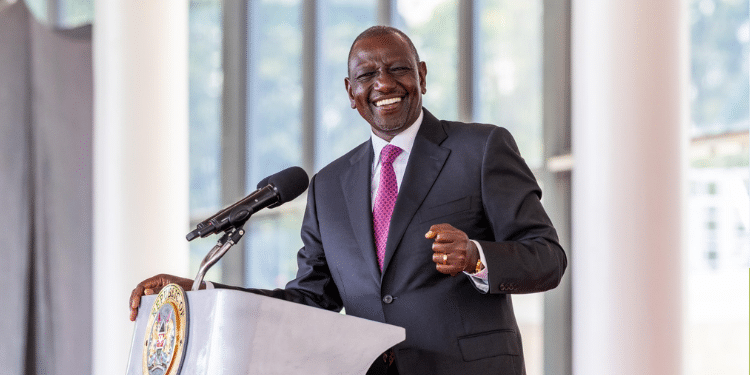











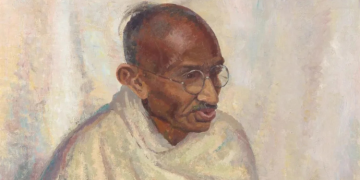





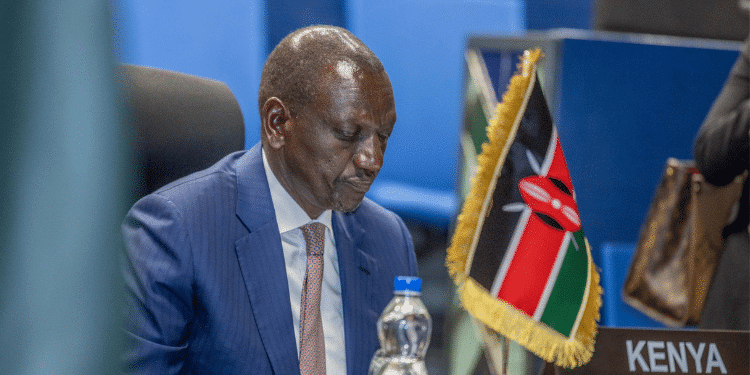

![Debate Rages Over Proposed Increase In Legal Drinking Age [Video] Nacada Raises Legal Drinking Age From 18 To 21]( https://thekenyatimescdn-ese7d3e7ghdnbfa9.z01.azurefd.net/prodimages/uploads/2025/07/beer-120x86.jpg)